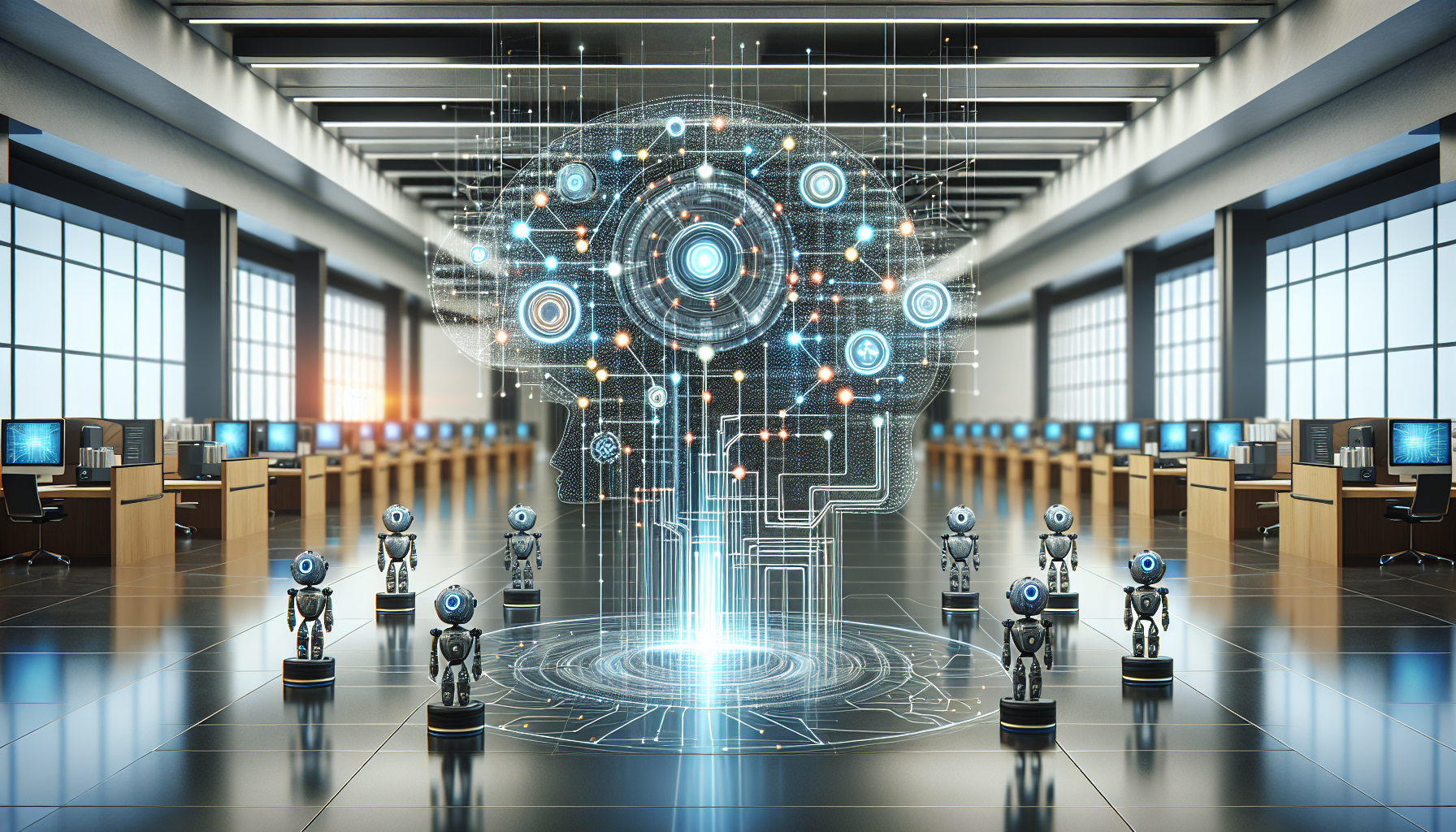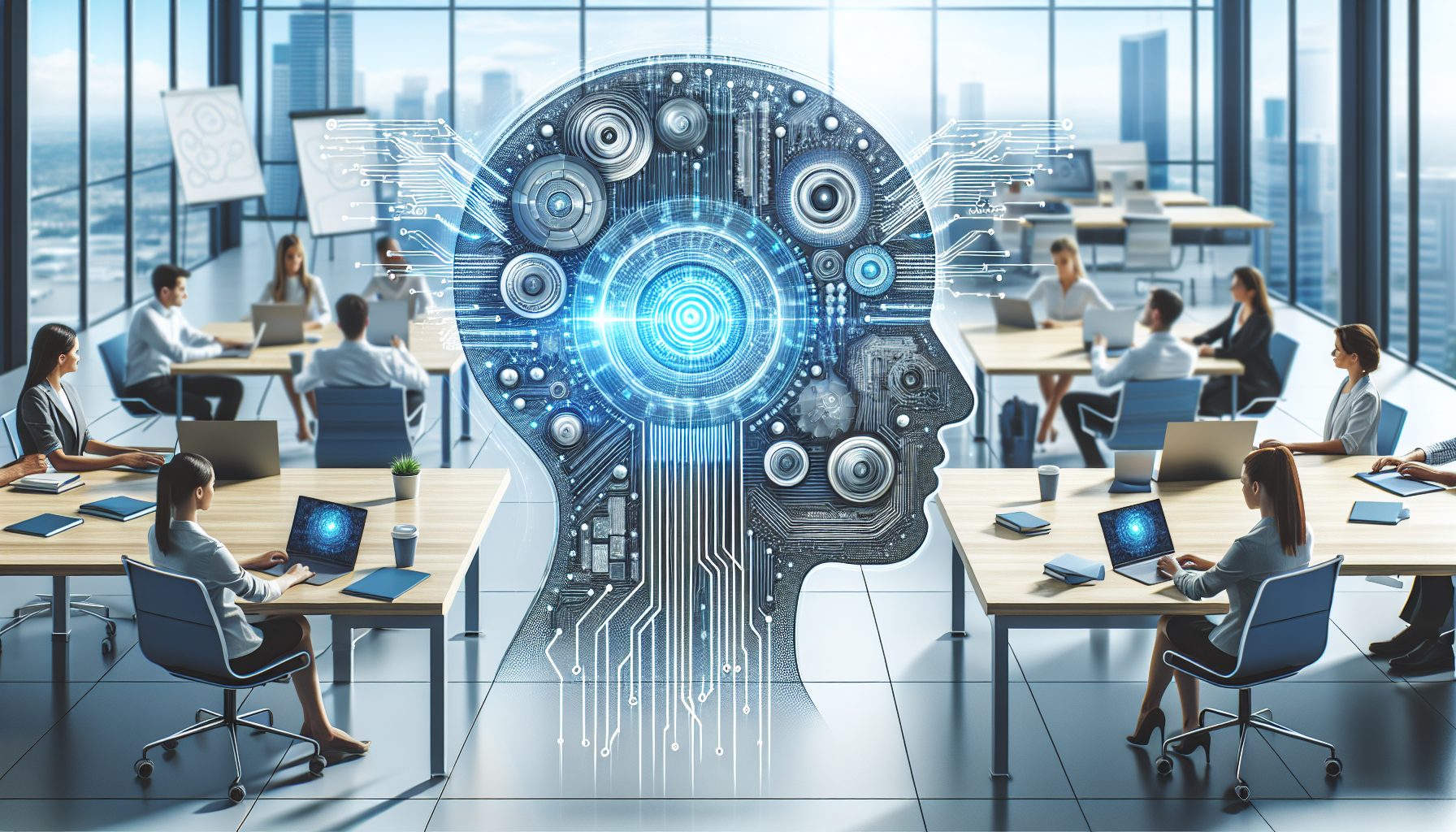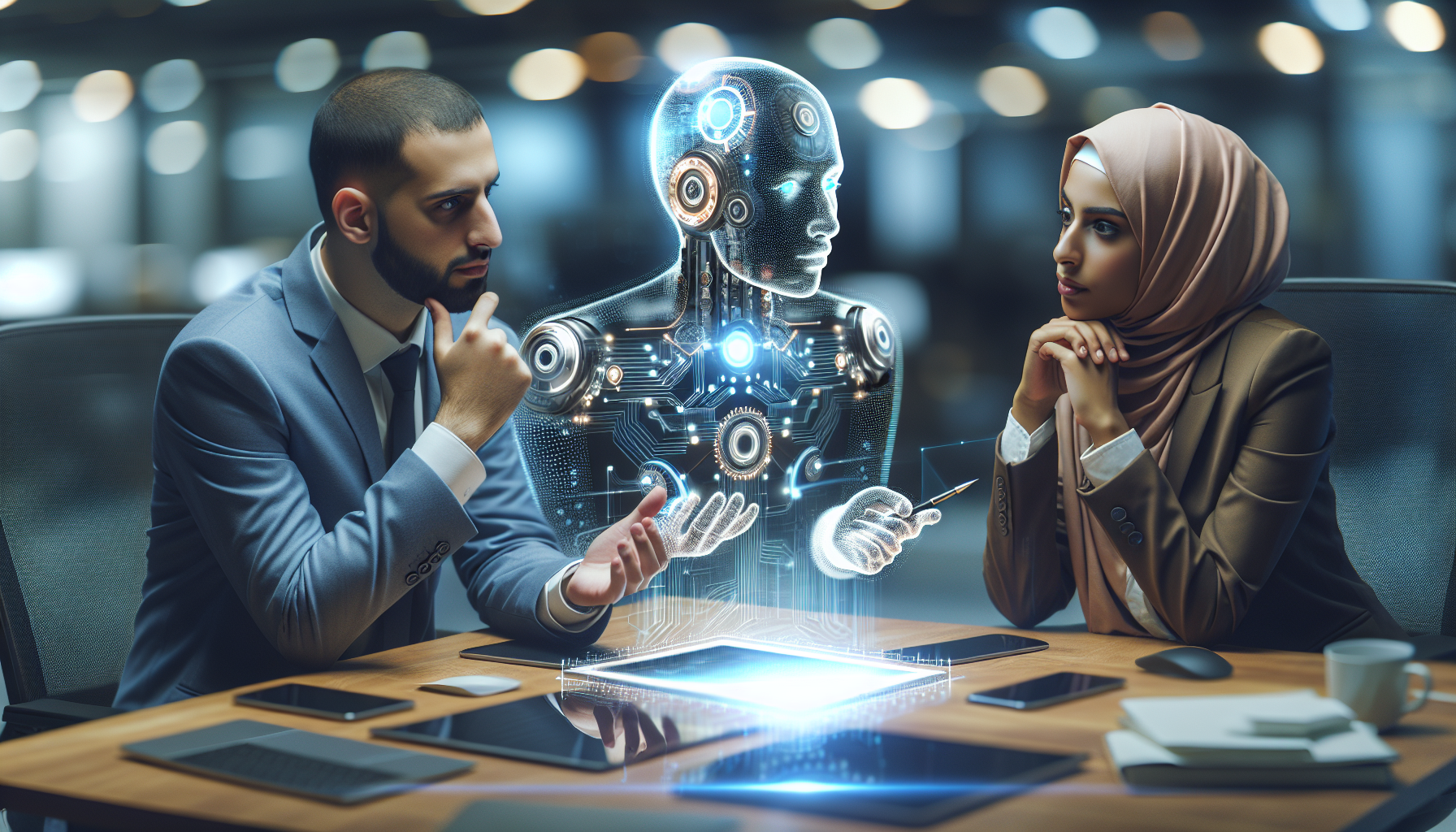
AI and Digital Marketing: A Match Made in Algorithm Heaven?
October 17, 2025
Once upon a time, in an era not so far away, marketing was a simpler affair. It involved billboards, catchy jingles, and the occasional door-to-door salesman who might, if you were lucky, have a convincing tale about why his vacuum cleaner was superior to all others. Fast forward to today, and you’d be hard-pressed to find anyone who remembers those days or the door-to-door charm. Enter artificial intelligence, the prodigious offspring of computer science and mathematics, which has turned the marketing world on its head—like a flashy Vegas act, but with more data and less sequins.
Before AI strutted onto the scene, marketers were like blindfolded archers, shooting arrows into the dark, hoping they’d hit a target. Sure, they had some data, but it was more like a treasure map drawn by a toddler—adorable but not particularly accurate. AI changed all that by giving marketers night-vision goggles, a GPS, and perhaps a friendly drone to guide their arrows precisely where they needed to go.
Let’s travel back to the dawn of AI in digital marketing. Picture it: a time when the internet was still figuring out what it wanted to be when it grew up. AI was a fledgling concept, mostly confined to the realm of science fiction and the occasional academic paper. Marketers were intrigued by the promise of AI, like moths to a flame, albeit a very nerdy, data-driven flame. They dreamt of a world where every ad would be as unique as a snowflake, perfectly tailored to each consumer's wants and whims.
But, as with all great tales, there were some bumps along the way. Early attempts at AI-driven marketing were about as subtle as a sledgehammer. Picture chatbots that couldn’t tell a joke without causing a customer service nightmare or recommendation engines that thought your recent purchase of hiking boots meant you’d like to buy 17 more pairs. It was a learning curve, but like a determined underdog in a sports movie, AI eventually found its stride.
The secret sauce of AI’s success in digital marketing lies in its ability to analyze data faster than a caffeinated squirrel on a sugar rush. This is where targeting and personalization come in, two strategies that, if anthropomorphized, would be the dynamic duo of the marketing world. Targeting is about finding the right audience, while personalization is about making each member of that audience feel like the message was crafted just for them. It’s like being serenaded by your favorite band, rather than listening to elevator music.
AI’s talent for personalization is unrivaled. It can sift through mountains of data to find patterns and preferences that no human could spot without developing a nasty case of eye strain. It’s the digital equivalent of Sherlock Holmes on a marketing mission, deducing whether you’re more likely to buy a Hawaiian shirt or a home appliance based on your browsing history and perhaps your taste in memes.
One of the lesser-known heroes in this narrative is machine learning. This AI subset is the brains behind the operation, constantly evolving through exposure to new data. Think of it as a sponge, absorbing information, wringing out the unnecessary bits, and retaining the juicy insights that make campaigns more effective. It’s the reason why, after binge-watching a series about baking, you might suddenly find your social media feed filled with ads for flour and cake tins.
But let’s not forget the elephant in the room—or rather, the robot in the algorithm: privacy concerns. As AI grows savvier, it also raises questions about how much it knows about us. Are our digital footprints leading us to a personalized utopia or a privacy dystopia? It’s a delicate balance, like trying to eat an ice cream cone without dripping on your shoes. Marketers and AI developers are constantly tweaking algorithms to respect privacy while still delivering the goods.
As we look to the future, the question isn’t whether AI will continue to shape digital marketing—it undoubtedly will, and probably while wearing a snazzy virtual hat. The question is how it will continue to innovate in ways that are both effective and ethical. Will AI develop the ability to predict trends before they happen, or perhaps write its own marketing copy that’s indistinguishable from human wit and charm? Only time will tell.
In the end, the marriage of AI and digital marketing is a testament to human ingenuity and the relentless pursuit of perfection. As technology evolves, so too will the strategies that captivate and engage us. And who knows, maybe one day we’ll look back and wonder how we ever lived without a digital assistant that could anticipate our every need—hopefully without trying to sell us those 17 additional pairs of hiking boots.


